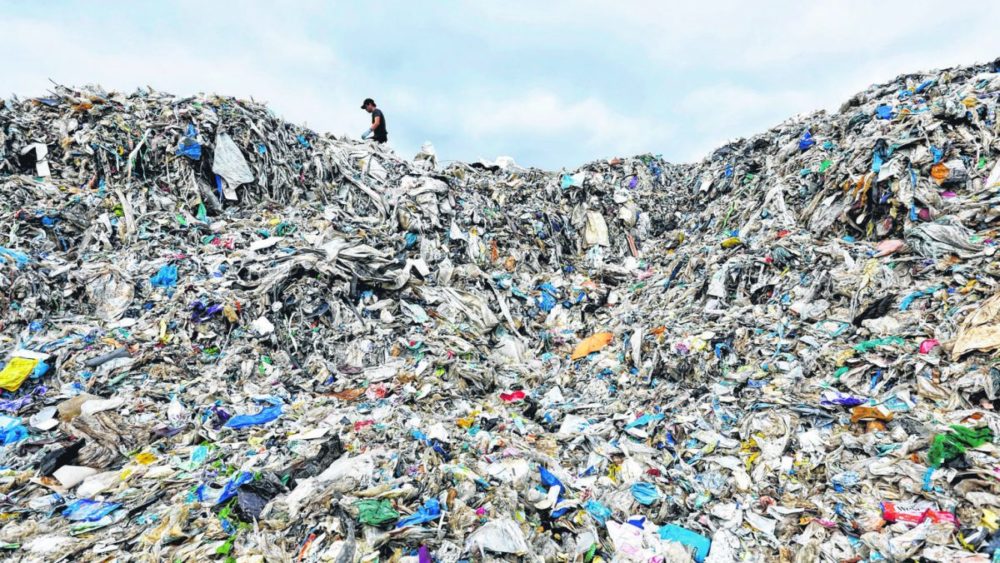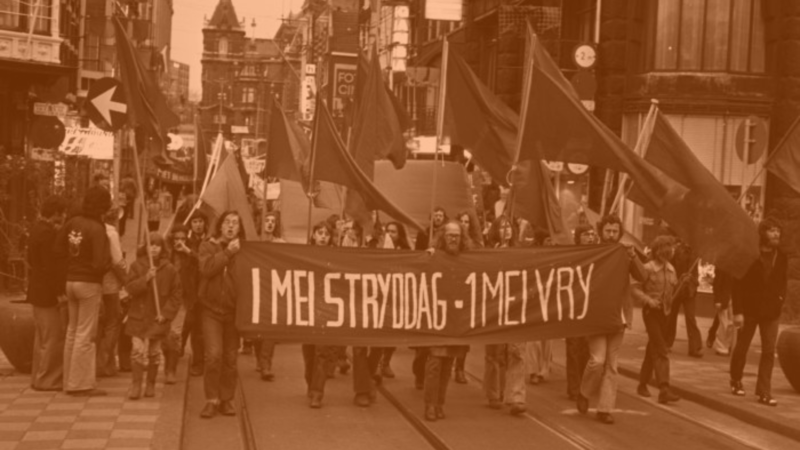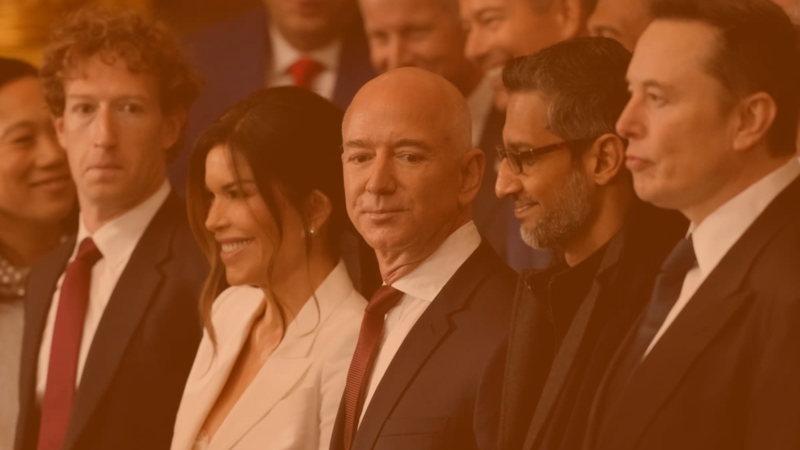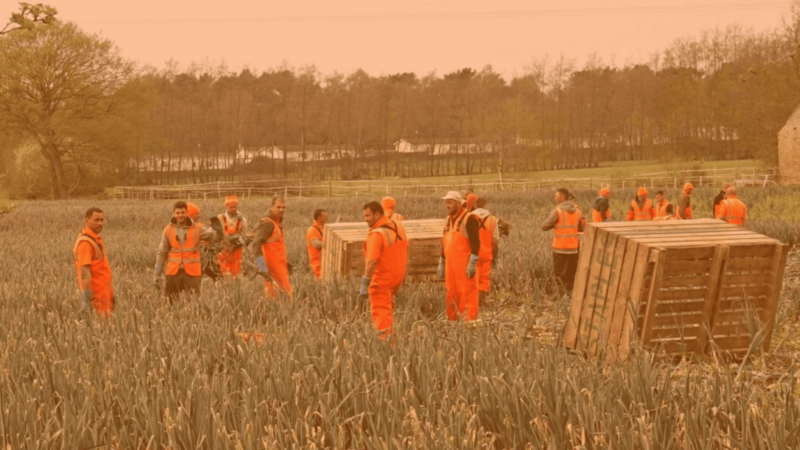We need to talk about trash, specifically your trash problem. Your problem is our problem and our problem is your problem. No country is an island when it comes to plastic pollution and trash, even if it’s an island country.
On May 29, 2019, Malaysia announced it will send back unrecyclable trash to rich countries. The second Southeast Asian country to do so after the Philippines.
For the past 3 decades, China has imported half of the world’s traded plastic waste. That changed in 2018. A plastic ban was imposed and China stopped importing plastic waste. China imported between 7 and 9 million tonnes of plastic waste annually over the period from 2010 to 2016. In 2017 it was 1.2 million tonnes. It was further reduced to 30,000 tonnes per month in 2018. All the trash China did not want, found its way to Southeast Asian countries. It came to Vietnam, Thailand and most of all, Malaysia.
Malaysia’s plastic imports spiked to almost a million tonnes. A threefold increase compared to 2015. Too much for a small country! Malaysia is an ideal place for Chinese recyclers because the two countries already trade a lot and there’s a large Mandarin-speaking local community. It was easy for them to set up shop in a burgeoning plastic recycling industry. The trash imports were smuggled or shipping manifest deliberately mislabelled. Most of the plastic waste was household waste, which is dirty and difficult to sort. Illegal recyclers burnt to get rid of unrecyclable plastics.
A small town in Malaysia has 17 million kg of plastic waste. Illegal plastic recycling sites were sprouting up around the town. The water and air are polluted. It’s so polluted, that residents are getting rashes, asthma and coughing blood out.
The plastic waste found all over Malaysia came from developed countries. Based on a Greenpeace report it came from: the US, the UK, Japan, Spain, Germany, Canada, Australia etc. It is a colonial attitude for rich countries to export trash to poor countries. Do we, people of the Global South, not have the right to clean air, clean water and a clean environment? You would think your trash is going to be recycled. Europe has a recycling rate of 40% and even lower elsewhere. The trash that isn’t recycled is dumped in landfills or incinerated. The Chinese ban exacerbated the trash problem. Developed countries have no idea to deal with the China ban, that the trash has to be exported to poor countries like mine.
Dr Seuss’ the Lorax tells us of the dangers of short-termism, corporate greed and capitalism causing environmental catastrophes. We have not heeded his warnings. I implore you please do what you can to reduce single-plastic use. We need to declare war on want and mass consumerism.
Jacob Lim, Member of thematic DSC Peace and International Policy
Do you want to be informed of DiEM25's actions? Sign up here















